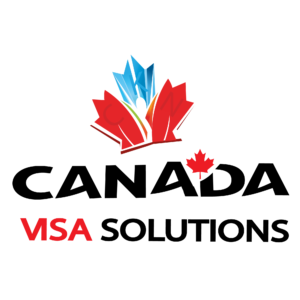The Government of Canada has the authority to take passports away from people in a variety of situations. The government can either refuse a passport application, revoke a passport, or cancel a passport.
Note that passports are legally the property of the Government of Canada. Failing to follow instructions to return a passport can be a serious criminal offence.
Passport refusals
The government will refuse your passport application if:
- you are not a Canadian citizen,
- you already have a passport,
- you provided misleading information in your application,
- you fail to provide all the right information and documents,
- the government finds that you let someone else use your passport at some point in the past,
- you have been charged with an indictable offence (ex. violent crimes, providing misleading information to the government, or not complying with a court order), or
- the government believes you pose a risk to the safety of children,
Passport revocation
If the government revokes your passport, you will be instructed to give back your passport. The government will revoke your passport if:
- you used the passport to commit an indictable offence (ex. violent crimes, smuggling),
- you let someone else use your passport,
- you are no longer a Canadian citizen, or
- the government finds you misrepresented yourself on your passport application.
Passport cancellation
If the government cancels a passport, the passport is no longer valid for travel. The government may cancel a passport if:
- the passport owner is deceased,
- the passport is lost, or if the owner is no longer in possession of it,
- the passport owner failed to return the passport after they were told to do so, or
- the government believes that cancelling the passport will protect children outside of Canada.
